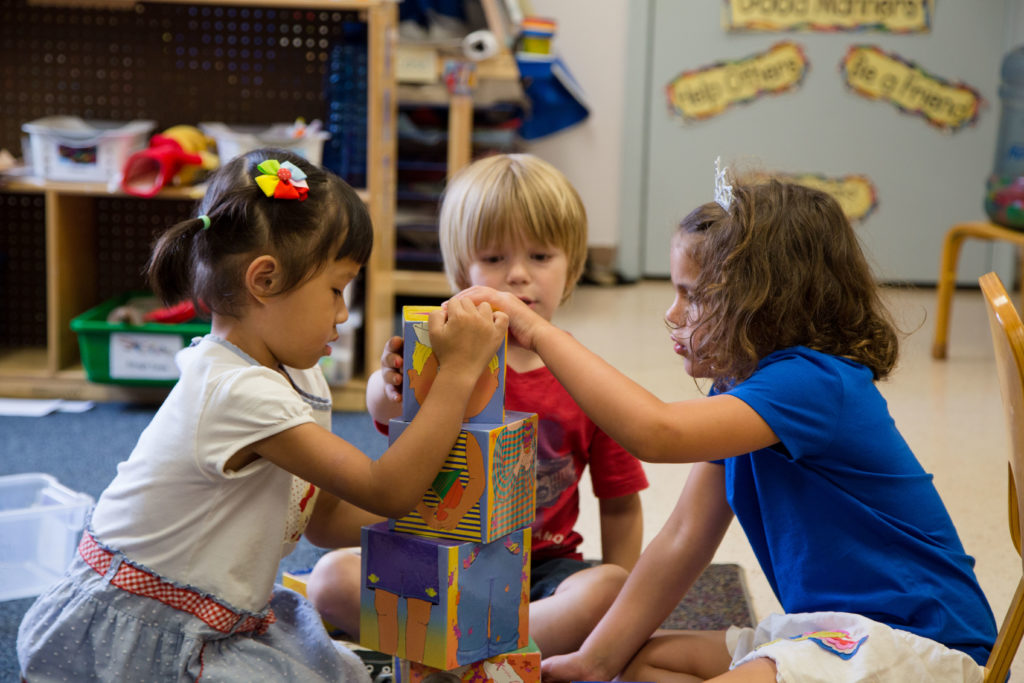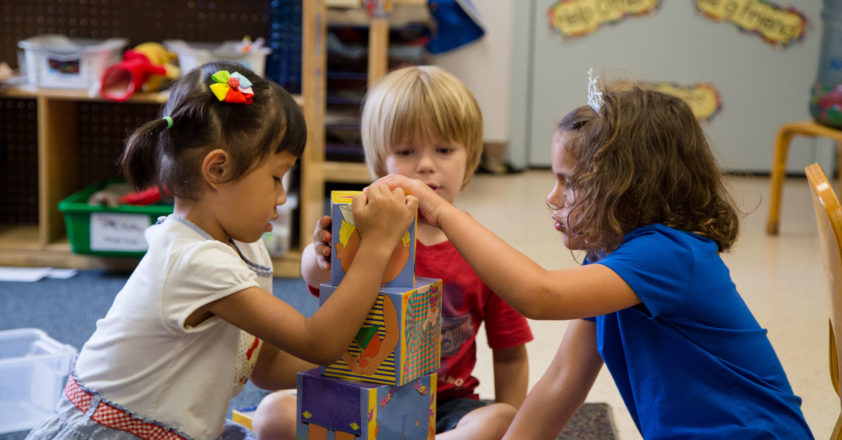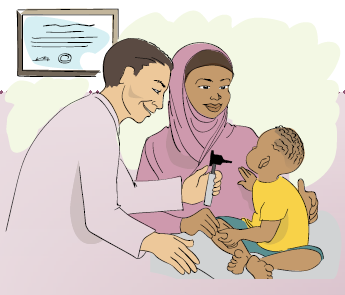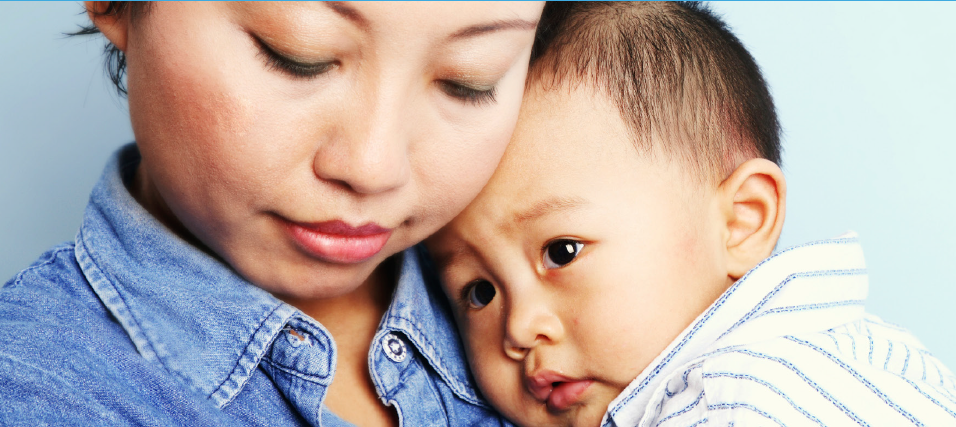Celebrating Your Child’s First Teacher: You!
As a parent, you may have heard this phrase several times: Parents and families are their children’s first teachers. But what does this mean? It means that children learn through the behavior they see and hear. It is those interactions with parents and families that help children build new skills. In other words, you are essentially teaching your child a new lesson throughout the day, every day.
Your daily experiences are a valuable part of what your child learns for many reasons. You are dedicated to ensuring they reach developmental milestones such as first words and steps, and even the first potty trip. As your child makes progress on these firsts, you are creating the foundation on which all other skills are built.
 When your little one learns about letters, shapes, and numbers in their child care program, you can then teach them what those skills look like in the real world. When you stop at a stop sign, you teach your child that written words have meanings. When you tell your child that you are leaving in five minutes, you teach your child that minutes are a measurement of time. When you take pride in your role as your child’s first teacher, you are becoming a partner in education.
When your little one learns about letters, shapes, and numbers in their child care program, you can then teach them what those skills look like in the real world. When you stop at a stop sign, you teach your child that written words have meanings. When you tell your child that you are leaving in five minutes, you teach your child that minutes are a measurement of time. When you take pride in your role as your child’s first teacher, you are becoming a partner in education.
Starting this partnership during the early years will help you to build a strong network of support throughout your child’s educational career. Try talking to your child’s provider or teacher often about what is happening in your child’s life. Share with them any changes in routines or family life that may affect how your child interacts with others. Ask for specific strategies to reinforce learning that can be done throughout the day.
For additional support, try one of the Judith P. Hoyer Center Early Learning Hubs, also known as Judy Centers. Through a dedicated staff of early learning professionals, they prepare children from birth through kindergarten for school readiness. Although each location is uniquely positioned to serve its community, all of Maryland’s Judy Centers employ the two-generational approach, which focuses on creating opportunities for and addressing the needs of children, parents, and families.
Other community organizations also play a huge role in providing support. For example, local libraries offer a variety of playgroups that provide learning experiences for children, as well as encourage parents as they learn ways to support their children’s learning. Just remember, the early years set the foundation for a child’s success in school and in life. When you recognize the importance of providing early learning experiences, you are more involved and engaged in your child’s learning from the very start. After all, you are your child’s first teacher.
Here are a few additional resources to support your role as your child’s first teacher:
- Every Child Ready to Read, offered at local libraries, helps parents learn how to make reading with their children educational and fun.
- The Parent Leadership Learning Party provides parents and families with important leadership and advocacy skills as they take an active role in their child’s education and in schools, early learning programs, and local communities.
- Family Support Centers offer high-quality care and education for children from birth through age 3 in 25 two-generation programs across Maryland, including nine Early Head Start programs.
- Parent Cafés are one way to strengthen families by engaging parents in guided, meaningful conversations about what matters most to families with young children.
- The Judith P. Hoyer Center Early Learning Hubs offer comprehensive, integrated, full-day and full-year early care and education services.




